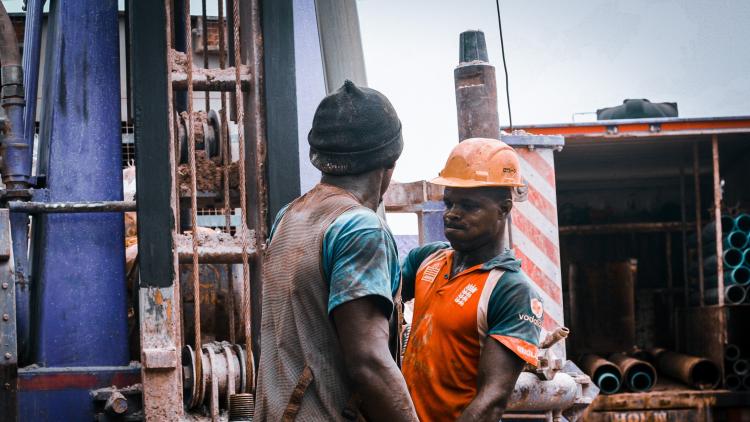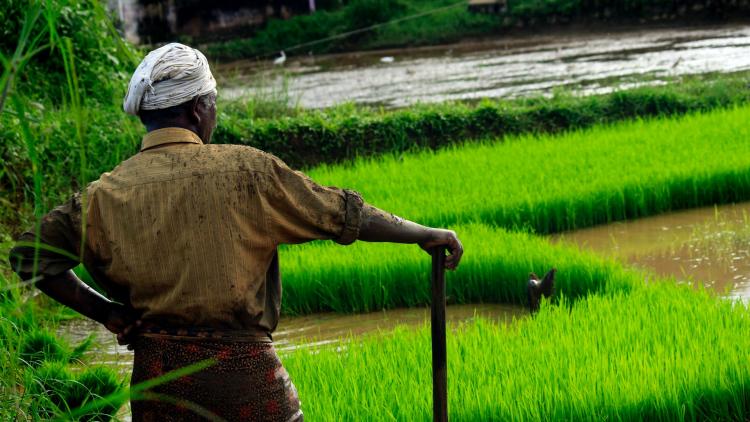Globalisation and Development

Key information
- Status
- Module not running
- Module code
- 15PDSC005
- FHEQ Level
- 7
- Credits
- 30
- Department
- Department of Development Studies
Module overview
This multidisciplinary module provides students with an important introduction to the most prominent features and problems of our era. It surveys theories of ‘globalisation’, assesses contemporary globalising processes, and how these influence the developing world in particular, and examines these influences through detailed analysis of contemporary manifestations of globalisation.
The major questions that the module addresses are whether globalisation is conducive to accelerated development, and – if so – to what kind of development, with which consequences and problems on all key levels: economy, sociology, ecology, politics and culture.
Topics studied include:
- theories of globalisation, old and new;
- empire and imperialism;
- the economics of globalisation: neoliberalism, capital flows and transnational companies;
- economic sovereignty and the global market;
- inequality, poverty and labour migration;
- the rise of a global ‘dual society’;
- the consequences of globalisation on industrial and agrarian labour and gender relations;
- the ecology of globalisation;
- disintegration wars and hegemonic wars;
- regional and global challengers to US hegemony;
- cultural imperialism and cosmopolitanism;
- governance and political freedoms;
- workers movement, social movements and resistances to globalisation and/or neoliberalism;
- the debate about possible alternatives to neoliberal globalisation.
Objectives and learning outcomes of the module
At the end of this module, students should be able to:
- Grasp the various connections between the globalisation debate and the development debate;
- Distinguish between competing perspectives on globalisation, and on its different specific manifestations;
- Assess these competing approaches in the light of contemporary development processes;
- Investigate how ‘globalisation’ influences particular development processes;
- Analyse the impact of global trends on local, national and regional trajectories;
- Identify and critically analyse the ways in which social actors attempt to reverse or modify ongoing global processes;
- Draw personal conclusions on the state of the world and on what it takes to change it, if change is desirable at all.
Workload
Teaching takes place through a weekly 1 hour lecture and 1 hour tutorial.
Method of assessment
100% coursework. Each student will be expected to submit two essays, one worth 25% and the other 45%. Students will also submit a powerpoint worth 30% of the overall grade. Resubmission of coursework regulations apply.
Disclaimer
Important notice regarding changes to programmes and modules


